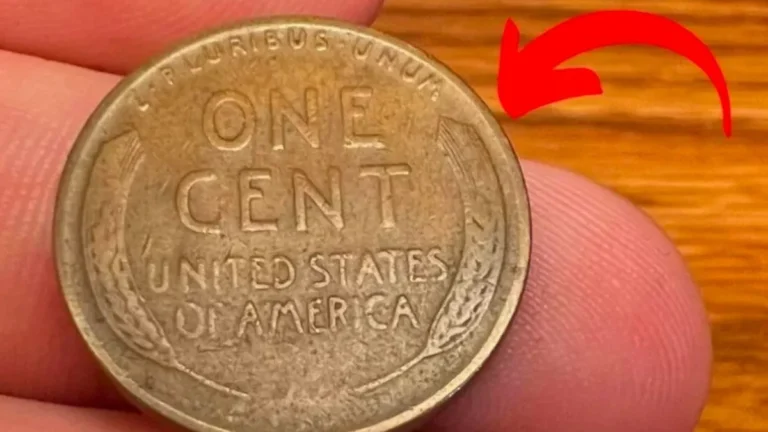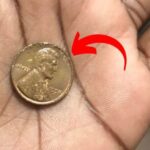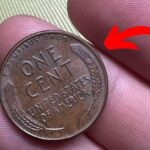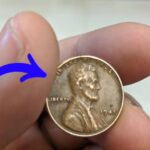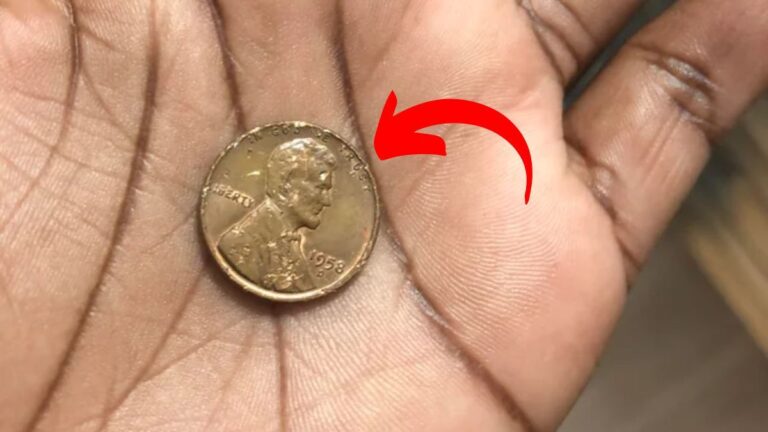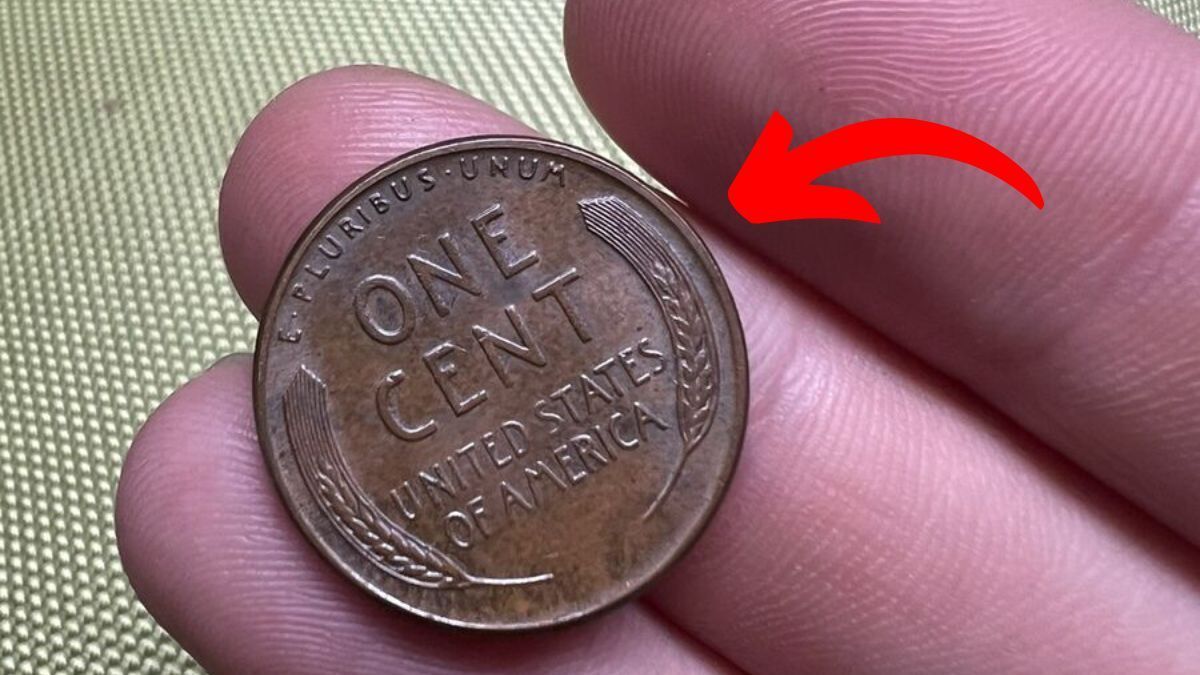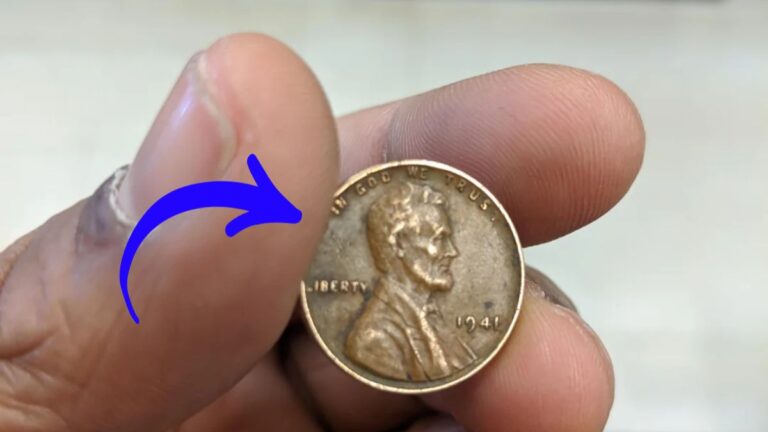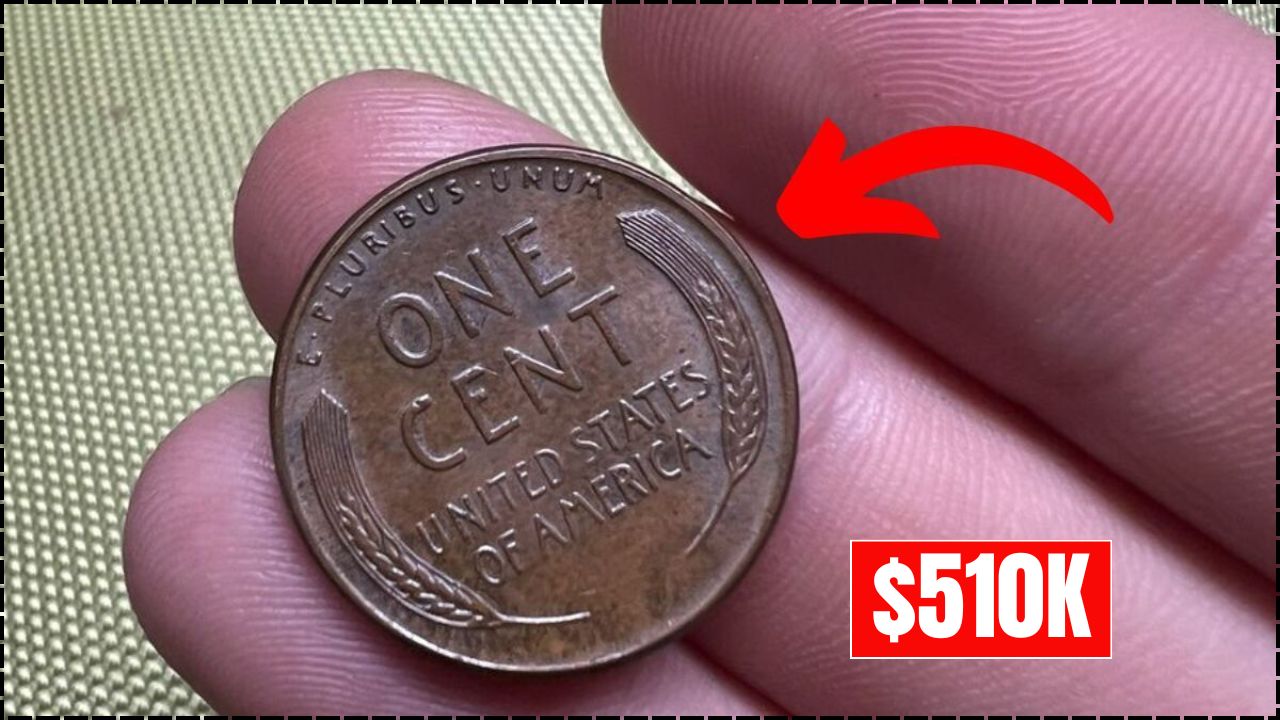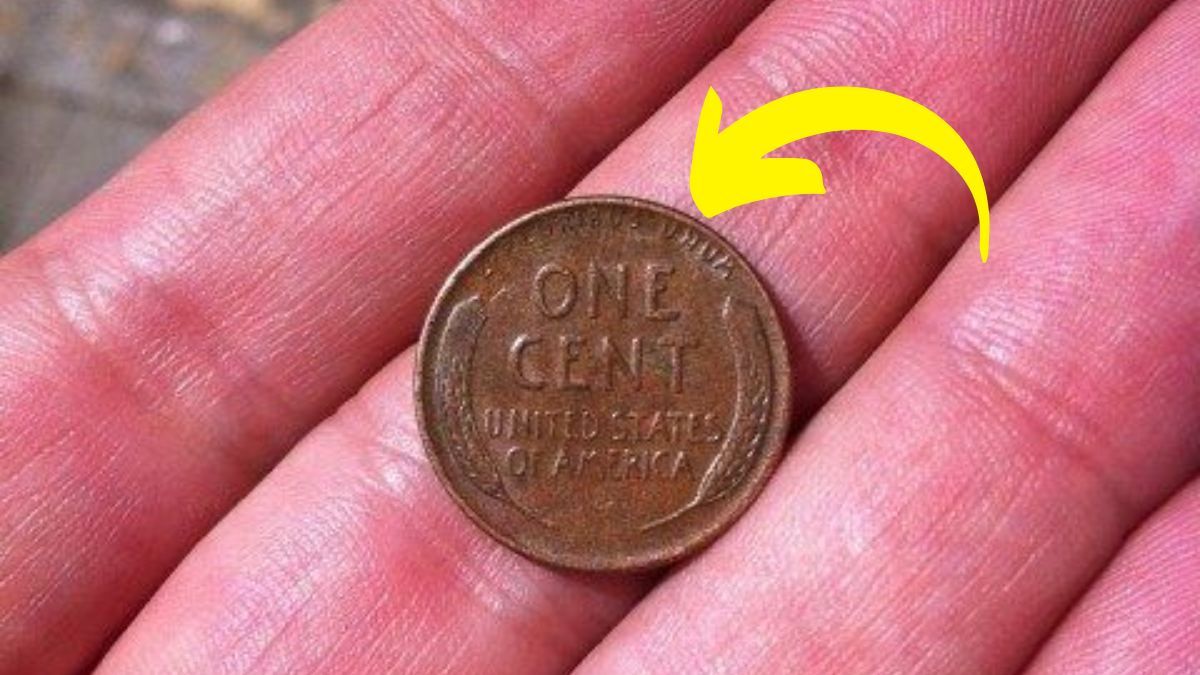The Lincoln Wheat Penny Worth $500 Million: Have you ever considered that a single penny in your pocket could be worth more than a luxury mansion or even a private jet? It sounds like something from a fairy tale, but numismatic experts believe there might be a Lincoln Wheat Penny circulating today that could be worth an astonishing $500 million. This isn’t just any penny – it’s potentially one of the most valuable coins in existence, and the most remarkable part is that it might still be hiding in plain sight.
The Humble Origins of the Lincoln Wheat Penny
The story begins in 1909 when the U.S. Mint introduced the Lincoln Wheat Penny to commemorate the 100th anniversary of Abraham Lincoln’s birth. This was a historic moment in American coinage, as it marked the first time a real person’s likeness appeared on a U.S. coin, replacing the traditional Lady Liberty design that had dominated American currency.
Created by sculptor Victor David Brenner, the coin features Lincoln’s dignified profile on the front, while the reverse displays two elegant wheat stalks framing the words “ONE CENT” and “UNITED STATES OF AMERICA.” This distinctive design remained in production until 1958, when it was replaced by the Lincoln Memorial design we’re more familiar with today.
Why One Penny Could Be Worth Half a Billion Dollars
What makes a simple one-cent coin potentially worth $500 million? The answer lies in a fascinating wartime mistake. In 1943, during World War II, the U.S. government needed copper for military equipment, so the Mint switched to making pennies from steel instead. However, a few copper blanks from 1942 were accidentally left in the presses and struck with 1943 dies, creating a handful of copper pennies that were never supposed to exist.
These 1943 copper pennies are incredibly rare, with only about 20 known to exist. But experts believe there could be one special specimen out there—perhaps with additional minting errors or in absolutely pristine condition—that could command a price tag of up to $500 million from the right collector or museum.
How to Identify a Potentially Valuable Wheat Penny
If you’re wondering whether you might have one of these valuable coins, there are several key features to look for. First, check the date – the rarest is the 1943 copper penny. It should have a reddish-brown color rather than the silvery appearance of the common steel pennies from that year.
A simple test involves using a magnet – if the 1943 penny sticks to the magnet, it’s made of steel and is common. If it doesn’t stick, it could potentially be one of the rare copper specimens. A genuine 1943 copper penny weighs approximately 3.11 grams, while the steel versions weigh about 2.7 grams.
Other valuable Lincoln Wheat Pennies include the 1909-S VDB (featuring the designer’s initials), the scarce 1914-D, and the 1955 Double Die penny, where the lettering appears doubled due to a minting error.
The Great American Treasure Hunt
Perhaps the most exciting aspect of this story is that this incredibly valuable penny could still be out there somewhere. Over the years, rare specimens have been discovered in the most unexpected places – in a child’s lunch money, forgotten in old coin jars, or passed down through generations without anyone realizing their true value.
This possibility has sparked a nationwide treasure hunt, with people from all walks of life examining their loose change more carefully. Some dedicated searchers even purchase rolls of pennies from banks just to look through them, while others scour flea markets, garage sales, and antique stores, hoping to make the discovery of a lifetime.
Beyond Monetary Value
The allure of the Lincoln Wheat Penny extends far beyond its potential monetary worth. These small copper discs carry with them the weight of American history – from the Great Depression to World War II and beyond. They represent a tangible connection to our past and the economic evolution of our nation.
What makes these coins particularly special is their democratic nature. Unlike many valuable treasures that were always rare and exclusive, these pennies began as ordinary currency, passing through countless hands in everyday transactions. The fact that something so valuable could be hiding in something so common is part of what captures our collective imagination.
A Word of Caution
If you believe you’ve found a rare Lincoln Wheat Penny, it’s crucial to have it authenticated by professional numismatists. Organizations like PCGS (Professional Coin Grading Service) or NGC (Numismatic Guaranty Corporation) can verify authenticity and grade your coin’s condition.
Be especially wary of 1943 pennies that appear copper, as many counterfeiters have copper-plated regular steel pennies to deceive collectors. While the potential for discovery is real, so is the potential for disappointment if your find turns out to be less valuable than hoped.
Whether or not you ever find that $500 million penny, the hunt itself can be a rewarding journey through history, connecting you with generations of Americans who have handled these same coins over more than a century of circulation.
